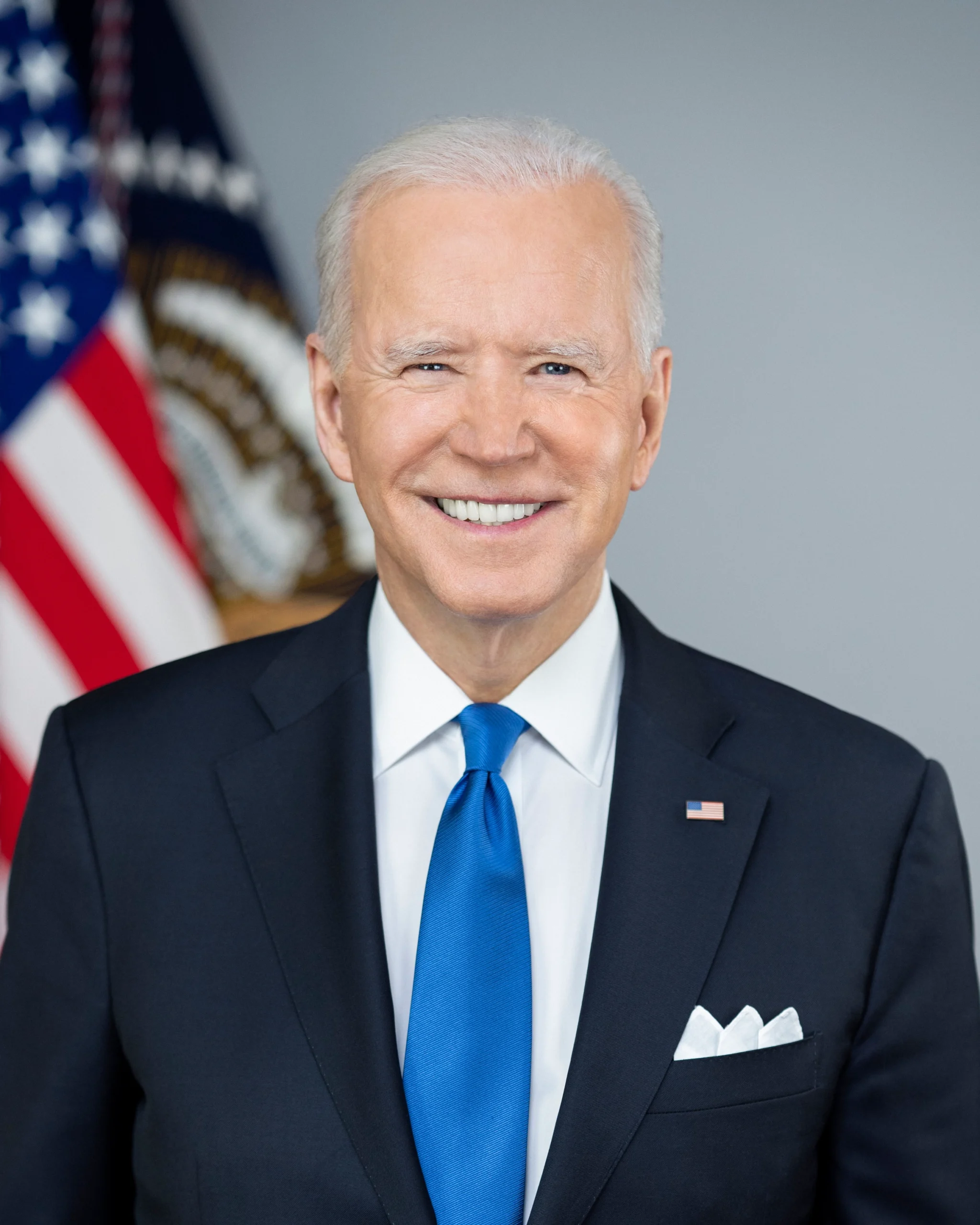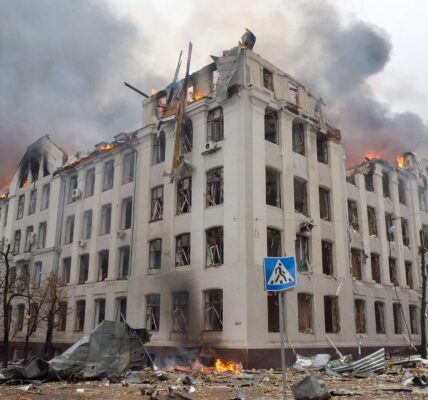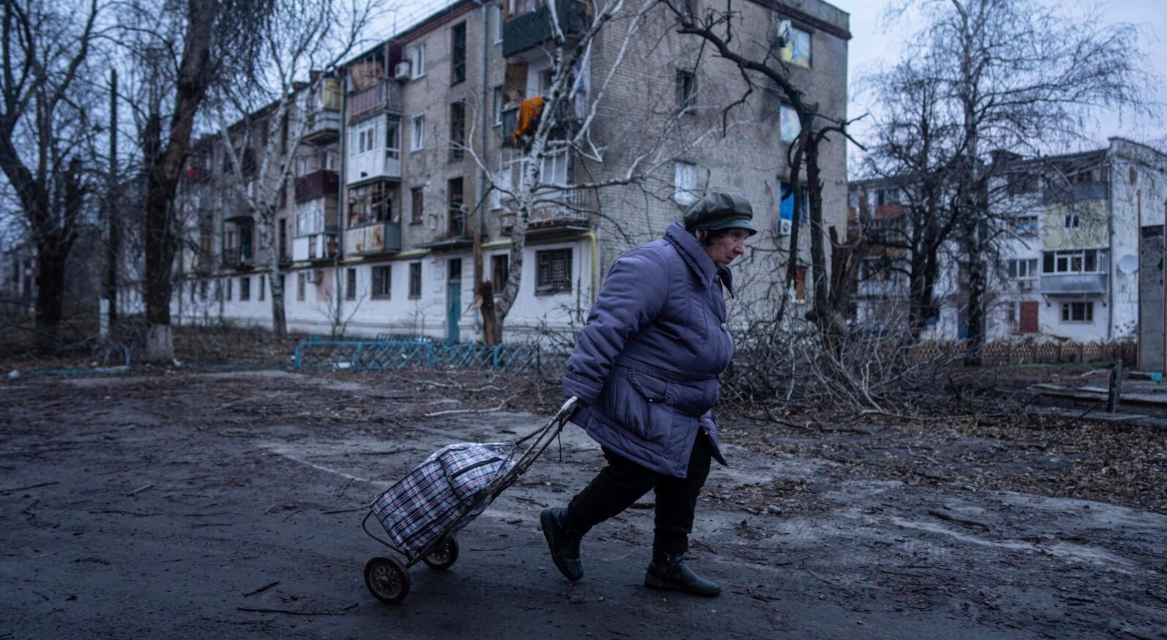Biden’s ‘just enough’ strategy is subverting Zelensky’s capacity to close out Russia in Ukraine
by Jonathan Sweet and Mark Toth, Guest Authors
General George Patton once famously stated that, “Nobody ever defended anything successfully, there is only attack and attack and attack some more.” Ukrainian President Volodymyr Zelensky and his military leadership, valiantly, are channeling Patton’s pugnacious esprit de corps – and, to date, Kyiv’s stirring defensive attacks on Russian forces are pushing the Kremlin militarily closer to a culminating defeat in Ukraine.
Defensive attacks, however, do not win defensive wars. Not in the Russo-Finnish Winter War of 1939. Nor at Pearl Harbor in 1941. Not in Ukraine in 2022. Wars are only won if aggressors are forcibly defeated by defenders going on the offensive or if the invading forces are strategically compelled to withdraw.
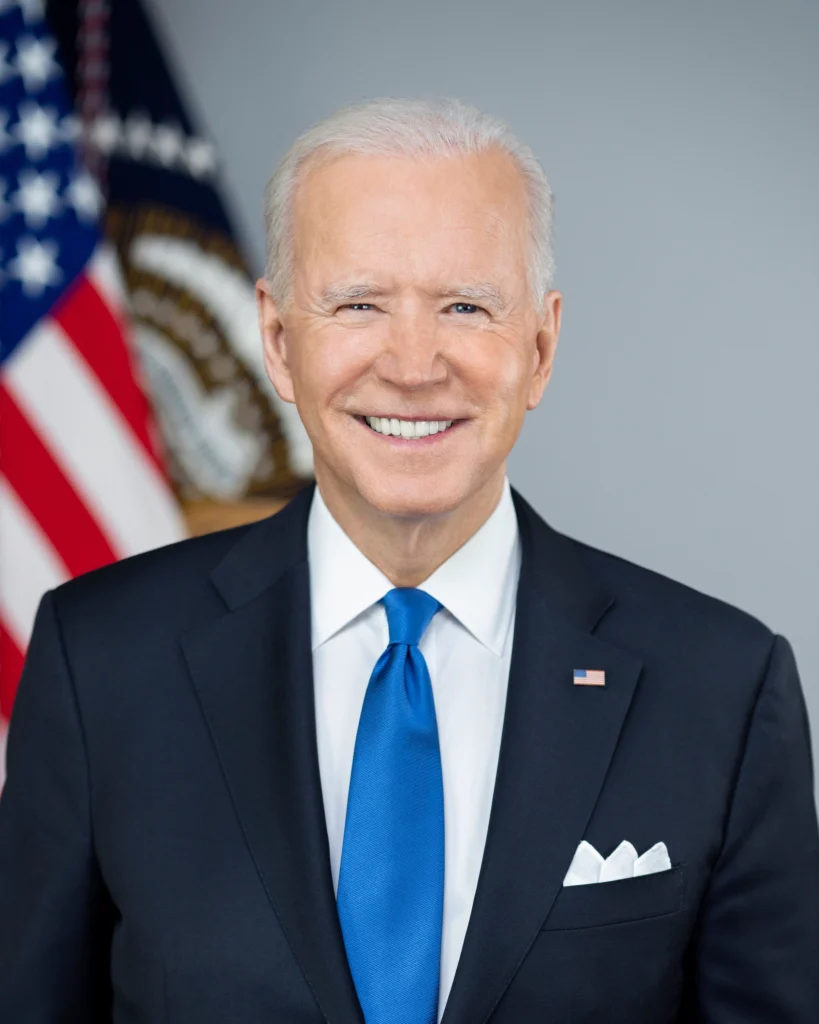
Ukraine’s ability to put an end to Russian Vladimir Putin’s ‘special military operation,’ hinges on Kyiv’s capacity to rapidly transition into offensive warfare. Yet, therein begins the catch-22 paradox confronting Ukraine. U.S. President Joe Biden is willing to provide ‘just enough’ military and economic support for Kyiv to defend itself, but not enough to win outright.
Zelensky, as a result, is trapped in a superpower purgatory not of his making or choosing. Tartarus, in the shape of Putin is on one side, while final salvation, in the figure Biden, just out of reach on the other.
Initially, ‘just enough’ in February was strategically justifiable in terms of U.S. national security – and that of NATO’s. Kyiv’s will to fight was unknown. Putin’s army had yet to be exposed as incompetent, corrupt, and hopelessly lost in the glory days of WWII Red Army artillery-centric doctrine. And, significantly, it was not yet understood just how far Ukraine had come militarily since 2014 in putting together a cohesive and potent fighting force.
That was then, this is now. Ukraine has proven its people are willing to fight, Russia’s invading armor forces early on were mauled by Kyiv’s ingenious use of detached infantry tactics as old as the French & Indian war, and Moscow has lost an estimated 50,000 troops killed or wounded or 26% of its original pre-invasion force of 190,000 soldiers. Equipment losses have been equally devastating – 1,848 tanks, 4,108 armored combat vehicles, 975 artillery systems, 233 planes, and 193 helicopters according to Ukraine.
Biden’s explicit doctrine of ‘weakening Russia’ has been achieved by Kyiv – and at the great cost of their citizens’ lives. Washington has gained. So too NATO. Now, especially before the upcoming winter turns the war into a ‘frozen conflict,’ and potentially into a ‘forever war’ that Kyiv cannot sustain, Biden and NATO must end the defensive battlefield limbo bedeviling Ukraine and stop subverting Zelensky’s ability to wage a decisive, offensive war against the Russian aggressor.
Defensive wars in conjunction with tactical mobile defenses, area defense, and retrograde operations to survive are nearly always fought out of necessity or to gain time – principally due to geography, location, and the overwhelming size, firepower, and positioning of enemy forces.
Ukraine has achieved this. Mission accomplished.
Phase One of Putin’s ‘special military operation’ is over. Ukraine ended it.
‘Just enough,’ however, persists as a doctrine.
Central to the construct of Biden’s ‘just enough’ doctrine, is gradually providing Kyiv sufficient military and economic aid to survive but subverting any substantive capacity for Zelensky to expand the battlefield offensively – in terms of operational reach – beyond a defensive and largely static war. This has fundamentally emplaced what is commonly referred to in the U.S. Army as the ‘10,000-mile screwdriver’ from the Oval Office.
It places restrictions upon weapon system employment, target selection, limiting munitions by range, denying additional combat aircraft and defensive systems (Patriot and Iron Dome) to protect civilian populations from ballistic missile and air strikes.

‘Just enough’ will also not be nearly enough to end the war, nor to defeat Putin – and Russia gets that reality. The Kremlin, yet again, is signaling Moscow will not negotiate an end to the conflict. Ambassador Gennady Gatilov, Putin’s permanent UN representative in Geneva, told the Financial Times that, ‘Moscow expects a long conflict,’ and that Putin will not negotiate directly with Zelensky. Biden, thus far, remains equally obstinate – and his ‘just enough’ doctrine of military aid continues as Washington’s modus operandi.
In the face of abject superpower intransigence, Zelensky, therefore is being forced into finding a way of changing the equation to escape his – and Ukraine’s – ‘superpower purgatory.’ His initial salvo in doing just that, likely came in the form of psychological warfare and in manner euphemistically described by a Ukrainian soldier as, “fireworks.”
Ukraine, striking 225 kilometers deep into Russian-occupied Crimea, sent mushroom clouds towering in the air over the Saky Military Base outside of Novofedorivka, leaving nine-plus Russian air force planes destroyed – including Su-24M bombers and Su-30SM fighters – and Russian holiday beachgoers fleeing for their lives after quickly realizing they were in the middle of Putin’s war.

Ukraine’s military forces quickly followed-on in Popasna, Luhansk by destroying the headquarters of the Wagner Group, Putin’s shadowy paramilitary group that is fighting in the Donbass. The strike may have killed Yevgeny Prigozhin, a Russian oligarch who owns the Wagner Group, and also appears to have taken down the Grey Zone channel, a popular Russian propaganda account on the social media platform Telegram.
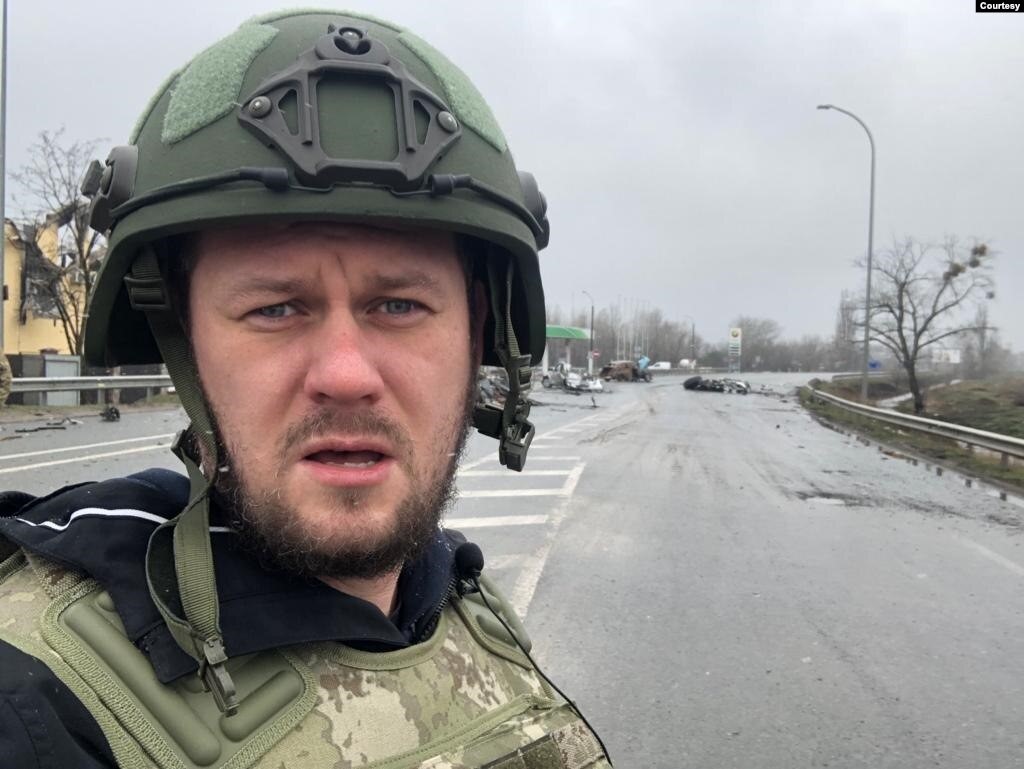
Denis Kazansky, a Ukrainian journalist, was quoted by the Daily Express as saying, “it’s probable that [the Grey Zone] editors were wiped out during the HIMARS strike on Popasna.” Next, Ukrainian special forces or their partisan counterparts conducted a strike on a Russian army munitions depot near Dzhankoi, Crimea. And just like that, the sense of security felt by Russian soldiers and vacationing tourists in Russian ‘friendly’ territory was stripped away. Now every citizen is a potential adversary and the morale and willingness of the average Russian soldier to fight is being crushed.
Zelensky’s message to Biden was loud and clear. Cease and desist with Washington’s ‘just enough’ doctrine and to remember, its doctrinal cousin, the Rumsfeld Doctrine failed in Iraq and Afghanistan – a doctrine New York Times columnist Thomas Friedman once equated to as, “just enough troops to lose [a war].”
This doctrine, attributed to former Secretary of Defense Donald Rumsfeld, was widely criticized for applying the minimum amount of force that was necessary to accomplish the mission. It was the polar-opposite of the Powell Doctrine, attributed to then-Chairman Joint Chief of Staff General Colin Powell, which called for the use of ‘overwhelming force’ in the Gulf War.
Biden’s ‘just enough’ reincarnation of the Rumsfeld Doctrine cannot generate the combat power necessary to defeat Russia – and Zelensky knows it. The Ukrainian president is embracing Patton’s penchant for the offense – “In war the only sure defense is offense, and the efficiency of the offense depends on the warlike souls of those conducting it.”
If Ukraine is to win, Biden must free Zelensky from his defensive purgatory. Conventional offensive wars require sustained operations, synchronized movements, clear communications, overwhelming firepower and control of the skies; however, Ukraine has evolved into a hybrid of conventional, non-conventional, asymmetric, psychological and cyber warfare – employing each throughout the depth of the battlefield, and Russian territory, with precision.
Ukraine does not need a knockout blow to defeat Russia; rather, a series of key battlefield defeats to continue to weaken the morale of the Russian soldier and erode support back home.
Victory in expelling the Russian aggressor, if it is to be achieved, means a strategy of constant pressure, relentless pursuit, and striking Russian forces where they are weakest, all while denying Moscow of their single greatest advantage – artillery. This strategy requires sustained operations, offensive fire power and intelligence. The concept of ‘just in time logistics,’ even for the best trained militaries, is a recipe for failure. ‘Just in time’ and ‘overwhelming force’ are at odds with one another.
Zelensky’s decision to make Crimea the focal point of his messaging to Putin and Biden is purposeful. Symbolically, the religious heart of Kievan Rus’ goes to the core of Putin’s dubious, at best, historical justification for seizing the Crimean Peninsula in 2014 and Moscow’s renewed aggression in 2022 – both in flagrant violation the Budapest Memorandum. For Biden, Zelensky attacking Crimea is the equivalent of throwing down a gauntlet – a barbed reminder that Kyiv is fighting for all its pre-2014 territory. In doing so, Zelensky is fully embracing Patton’s “Do not try to make circumstances fit your plans. Make plans to fit the circumstances.”
The timing for Kyiv seizing the offensive is more than opportune. The Russian-occupied Kherson Oblast is militarily vulnerable. Russian ground forces are stalemated in the Donbas – and the defenses of the breakaway Republics of Luhansk and Donetsk are being weakened by Russian forces being redeployed to Crimea in the face of a threatened Ukrainian offensive. Plus, tantalizingly, there are purportedly an estimated 20,000 Russian troops cut off on the western bank of the Dnipro River due to a tactical withdrawal.
Ominously, however, the timing is also equally becoming imperative for Washington. The global threats facing the U.S., London, Brussels, NATO, and their allies has changed since February 24th and are growing. The post-WWII order, particularly the United Nations, is in shambles. Beijing is increasingly becoming militant, menacing Taiwan, and aggressively expanding China’s naval footprint in the Pacific. Plus, Iran and North Korea are exponentially becoming more of a nuclear threat day-by-day.
In the last week, as reported in National Security News, Putin is either threatening or enabling Russian actors to expand the war across the border into Central and Eastern Europe by using the ZNPP in Ukraine to threaten all of Europe, deploying MiG-31 fighter jets equipped with “Kinzhal” missiles to the Chkalovsk airfield in the Kaliningrad oblast, conducting a large-scale denial of service attack in Estonia, and a possible cyber-hacking smear campaign against Finnish Prime Minister Sanna Marin – while China increases its military harassment of Taipei, thereby imperiling the West’s access to semiconductor foundries in Taiwan.
Accordingly, the U.S. and NATO can no longer play for the tie in Ukraine. Biden’s ‘just enough’ is no longer strategically justifiable from a national security standpoint, nor from the existential security needs of allies in Europe and in the Pacific.
To date, Biden’s rationale for withholding offensive military aid appears twofold. Fear of direct confrontation with Russian troops that could escalate to a nuclear war – and a lingering concern over widespread corruption in Ukraine that has, according to New York Times columnist Thomas Friedman, led to a “deep mistrust between the White House and President Volodymyr Zelensky.”
Both are now moot.
Putin already is weaponizing nuclear warfare by condoning, if not directing, potentially catastrophic false-flag attacks at the Zaporizhzhia Nuclear Power Plant (ZNPP), including disabling the hydroelectric plant and causing the reactors to overheat. Fears of Ukrainian corruption pale in comparison – and importance – to the emerging totalitarian threats posed by Putin and Chinese President Xi Jinping.
Kyiv has earned the right on the battlefield to take the fight to Putin – and deserves access to the equipment it deems necessary to expel Russia’s armies from all of Ukraine. ‘Just enough’ is no longer enough.
Nineteen former top State Department and General Officers agree, including two former NATO Commanders – General Philip Breedlove (USAF, Retired) and General Wesley K. Clark (USA, Retired), and Lieutenant General Ben Hodges (USA, Retired), former commanding general, U.S. Army Europe. In an op-ed published in The Hill on August 17th, they urged the Biden administration to “move more quickly and strategically, in meeting Ukrainian requests for weapons systems.”
Delivering on this message would mean Biden discarding ‘just enough’ as a doctrine and empowering Ukraine to go on the offensive, without limitations, other than the Law of War. No country, in all our research, when it has been illegally invaded, has been constrained by its allies from taking the fight to the invader wherever they are conducting military operations. That is, until now. Putin has attacked Ukraine using cruise missiles launched from Russia and Belarus; however, Ukraine has been prohibited from responding in kind.
Changing that equation must begin with NATO issuing a non-negotiable redline communicating any nuclear escalation – be it tactical nuclear weapons or nuclear sabotage at the ZNPP – will automatically trigger the full force of Article 5 of the NATO Charter.
One thing Ukraine is not, and that is intimidated. There is no fear of escalation, only the reality of extinction. Surviving isn’t an option – it’s an absolute. To survive is to win, to win means going on the offensive, and that means getting beyond Biden’s ‘just enough’ strategy and pursuing an ‘all-in overwhelming force’ strategy – seizing the initiative and taking the fight to Russia.
The next tranche of military aid announced on August 19th is a positive step in that direction; however, it is likely that Zelensky will interpret it as another package of ‘just enough.’ The end state can no longer be a ‘weakened Russia;’ rather, a defeated Russia. Putin needs to hear that message too. As Ukraine enters the final phase of this war, they need a ‘Pattonesque’ type of finish, because “there is no such thing as a successful defense.” Zelensky, after all, to paraphrase a description of Patton by one of his soldiers, is roaring, ‘Our blood, and our guts.’
Copyright 2022. Jonathan E. Sweet and Mark C. Toth

